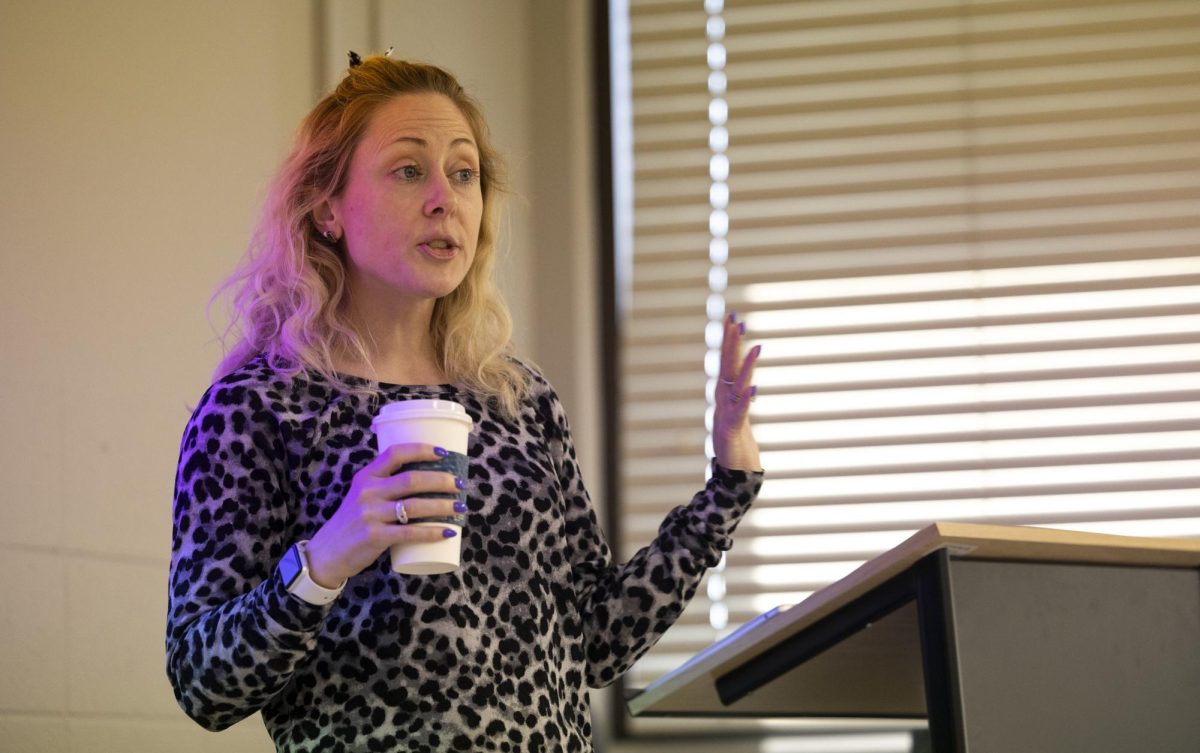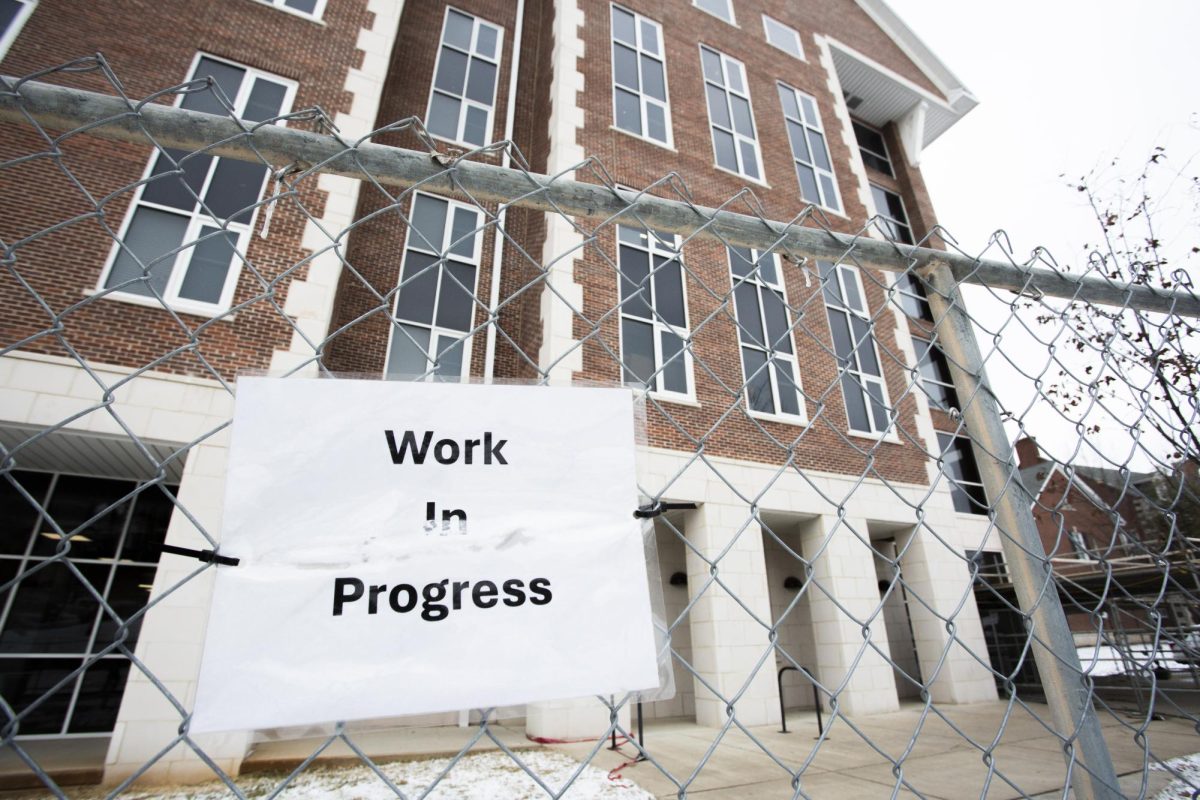Black Student Union formed, dissolved, now evolved into campus minority programs
February 26, 2018
In the past century, colleges across America have seen the issue of minority representation at college campuses and worked to address it through implementing things such as Black Student Unions for African-American students. WKU, however, is not one of those campuses.
While campus does not have its own center solely focused on African-American students, it almost did.
What was once the Black Student Union has now evolved into organizations on campus such as the Intercultural Student Engagement Center, also known as ISEC, and the Black Student Alliance, also known as BSA, which work to create a community for minority students, specifically students of color.
In 2016, when the Honors College began to house the International Center, the Sofia-Downing House on College Street became the Black Cultural Center after student leaders in the Office of Institutional Diversity and Inclusion began work on a proposal to present to former President Gary Ransdell. It detailed how students wanted a community space for black students to collaborate, host sessions, relax and discuss issues they faced with like-minded individuals who have experienced similar circumstances.
The Black Cultural Center, also known as the BCC, began the move in early February of that year. However, it wasn’t permanent. Months later, the BCC became part of the newly-created ISEC, where program coordinator Kristina Gamble took the reins.
“We had moved over there, but it never matriculated into what they had wanted the Black Cultural Center to become,” Gamble said. “The students had wanted to create a safe space with community and did a great job of planning and presenting to Ransdell their reasonings for the BCC through a proposal, but it never truly took off.”
When the Black Cultural Center diminished in prominence, the overflow of International Center offices took over the Sofia-Downing House, and BCC dissipated in 2016. However, the resources available to minority students grew.
Currently on campus, there are several organizations available to all minority students, but most are found under ISEC. ISEC is the umbrella organization that contains the ISEC Academy and the Pride Center, and it reaches out to organizations such as the Hilltopper Organization for Latin American Students and the Black Leadership Academic Conference. It also deals with recruitment, retention and graduation of traditionally underrepresented groups.
“The reason for ISEC’s founding comes from the need for intersectionality,” Gamble said. “You can’t educate and isolate. It’s OK to create safe communities in the umbrella groups, but we have different prongs. There is a sense of community within each minority group, and we want to expand that, but it’s truly about creating a system of intersectionality where we can learn from each other.”
ISEC Academy, a subset of ISEC, integrates these principles into the lives of its students through creating a living-learning community to surround students with other students in similar classes and ethnic backgrounds. Sophomore Jazzlin Hamilton, a participant in ISEC Academy, said this program has become more like a family to her.
“ISEC Academy provides a place where we all can get together because seeing someone who looks like you makes you feel more comfortable,” Hamilton said. “We all live in the same dorm, have the same classes and study together. ISEC is a family that wants us to succeed. The staff there always has an open door policy, and if you need personal or educational help they will make sure you get it.”
Beyond ISEC, the BSA has also become a replacement for the Black Cultural Center in supplicating discussion, unity, and empowerment, said BSA president Ciara Futrell, a junior.
“We provide a space for students of color to come together, providing unity, group discussion and conversation about issues facing African-American students in our campus and community,” Futrell said. “We are actually the oldest non-Greek organization on campus.”
BSA also defines itself as a black student union which fills the void left after the BCC fell through. As president, Futrell said she sees the future of BSA growing under her leadership and beyond.
“I want BSA to grow to be the home for all black students on campus,” she said. “I hope that students continue to notice us and the difference it can make on their college experience. It gives me the power to make a difference within the community, and although it can be challenging, nothing beats pulling our community together in one setting.”
Features reporter Noah Moore can be reached at 270-745-6291 and noah.moore786@topper.wku.edu. Follow him on Twitter at @noah_moore18.















